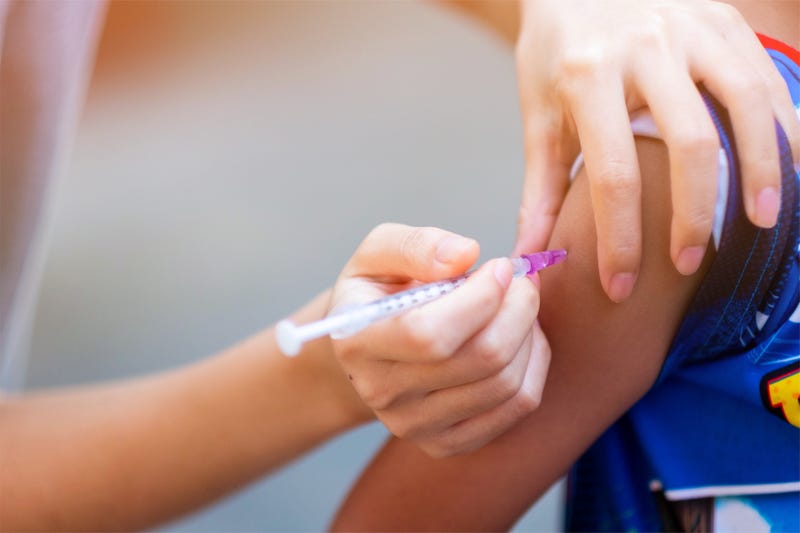
It's estimated that in 2022, 3.7% of Minnesota kindergartners were granted exemptions for required vaccines. Those exemptions were mainly granted for personal reasons, and it's become a real concern for health care providers.
Minnesota Department of Heath Spokesperson Lynn Bahta says they are monitoring areas where they think kids might be vulnerable.
"We are watching it closely, we are looking at where there are significant gaps where diseases could actually take hold," says Bahta. "And we're working with local jurisdictions and the school districts when we find those."
The CDC reports that the national kindergartner vaccine exemption rate was rising even before the COVID-19 pandemic, from 1.4% in 2012, to 2.6% in 2019. The numbers in Minnesota are almost identical to national trends.
Schools are required to report immunization data to the department of health each year through the Annual Immunization Status Report. Bahta says there are two types of exemptions allowed under Minnesota law that parents can file on behalf of their kids.
"One is a personal belief exemption," she explains. "The parent if filing a notarized documentation saying their child will not be receiving a specific vaccine or all vaccines. They're not required to provide a specific reason for their exemption."
The second is a medical exemption. If an immunization is medically contraindicated for a child, or if there is laboratory confirmation that a child is already immune to certain diseases against which immunization is normally required, the student may submit a statement to this effect, signed by a health care provider.
The required vaccines for children are Diphtheria, tetanus, pertussis (DTaP), polio, measles, mumps, rubella (MMR), hepatitis B (Hep B) and varicella (chickenpox).
Bahta says they're recommending to all parents they make sure their children are caught up on all the recommended vaccines before enrolling them in school.
